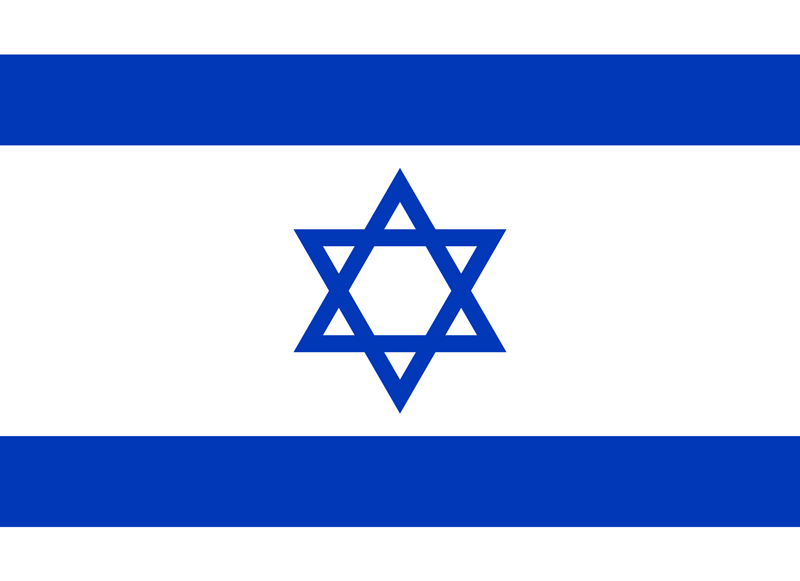You are right, we know too little to assume. Some people write about videos of "Israeli delegation/journalists/someone else doing something to someone", but still we don't have these proves here or on Facebook.
EBU's statement about "contest of broadcasters, not governments" has certain logic, so other countries should have penetrated deeper.
I think Million Voices or 1944 wouldn't be considered political if another country would have sent it too, that's the key there. Israel had to be very careful with "getting crap past the radar", unfortunately EBU fell for it.
I agree with you.
I just have to step in to "defend" "1944". The song's lyrics don't refer to Russia or Russia's annexation of Crimea and therefore, the song is perfectly fine for Eurovision.
Of couse, the historical reference fit the current situation and the song clearly promotes that / have a political message behind it but honestly, most songs tell stories and share a message.
The Dutch entry this year is highly political (singing about uniting Europe, promoting open borders - Joost even sings that he doesn't need a passport and he values it. Now look at who won in the last Dutch election - a right-wing politician who doesn't want open borders within Europe anymore).

2015 sang about another historical event (The Great War) - of course, there's a political message behind hit (peace is better than war).
+ we got several songs promoting peace, LGTBQ+ rights and representation (in theory, all of them are highly political, too).
If we get rid off all songs like that, we will be left with songs without meanings - probably just songs about love, dancing and sex.
I fully support EBU's stance on this issue: openly political songs targeting recent events shouldn't be allowed (and therefore, Belarus got suspended, Georgia 2009 wasn't allowed) - but songs telling a story/having a message shouldn't be.




